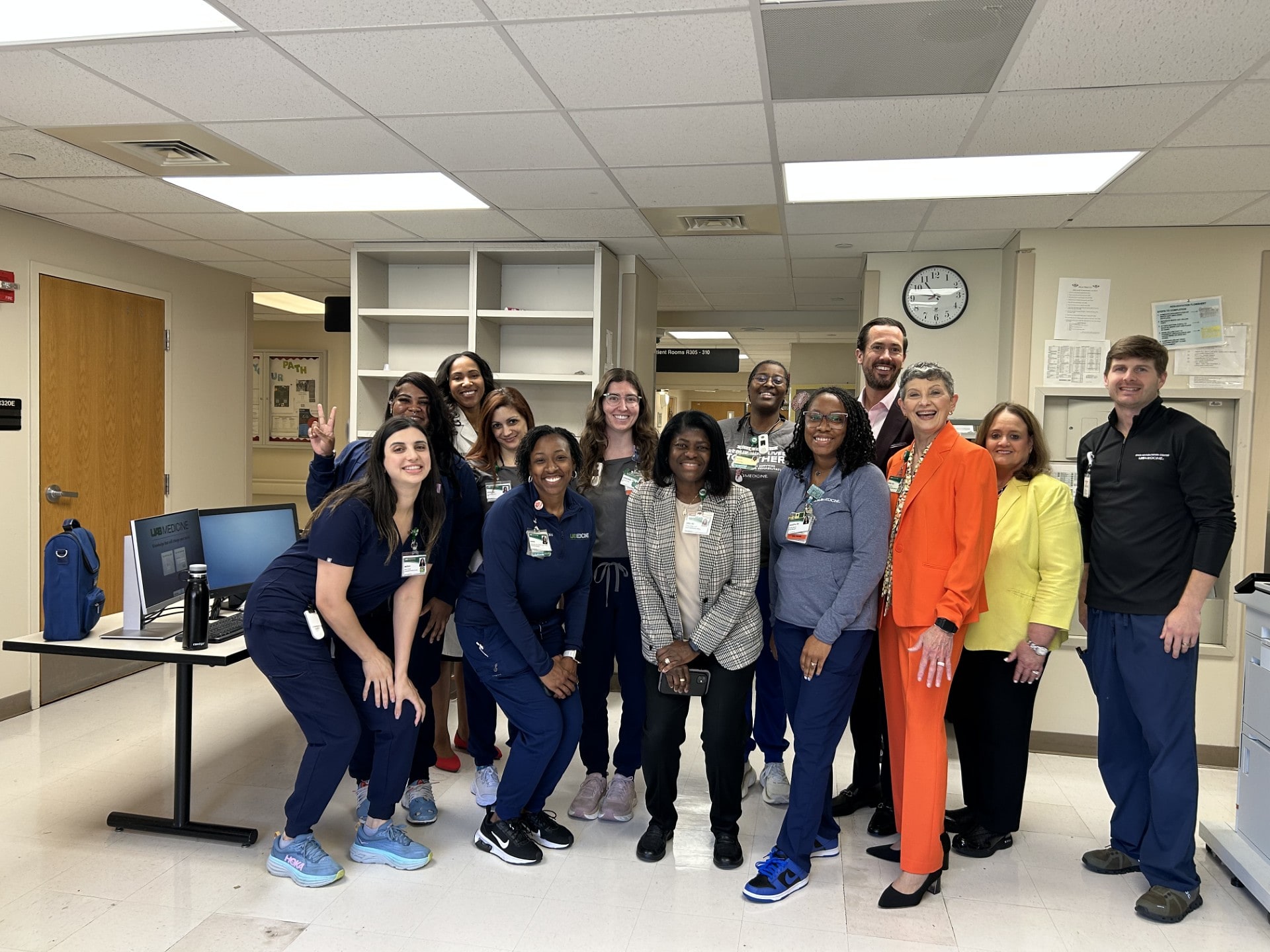News You Can Use
May 14, 2025
Tech neck: How does the use of technology impact your neck?
While tech neck is not an official medical term, it is becoming more common as many Americans spend an average of four and a half hours a day looking at their phones.
Find an Expert
Browse our list of UAB experts who can provide insights on timely news and research. To contact an expert, please coordinate with the public relations specialist associated with each individual.
Find an Expert





















